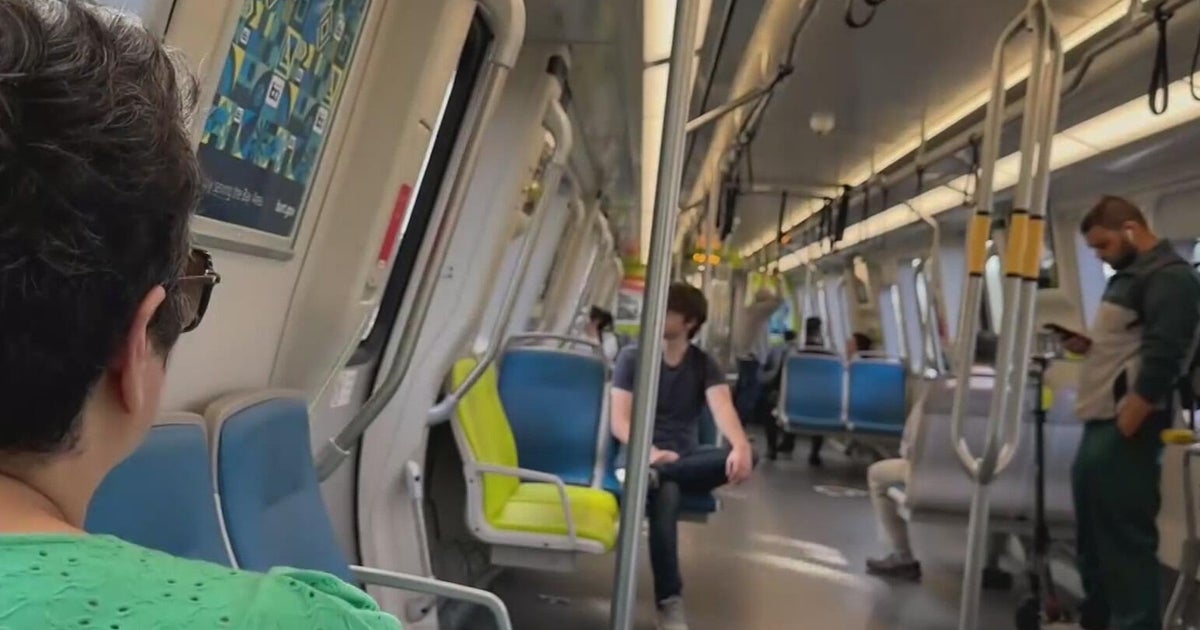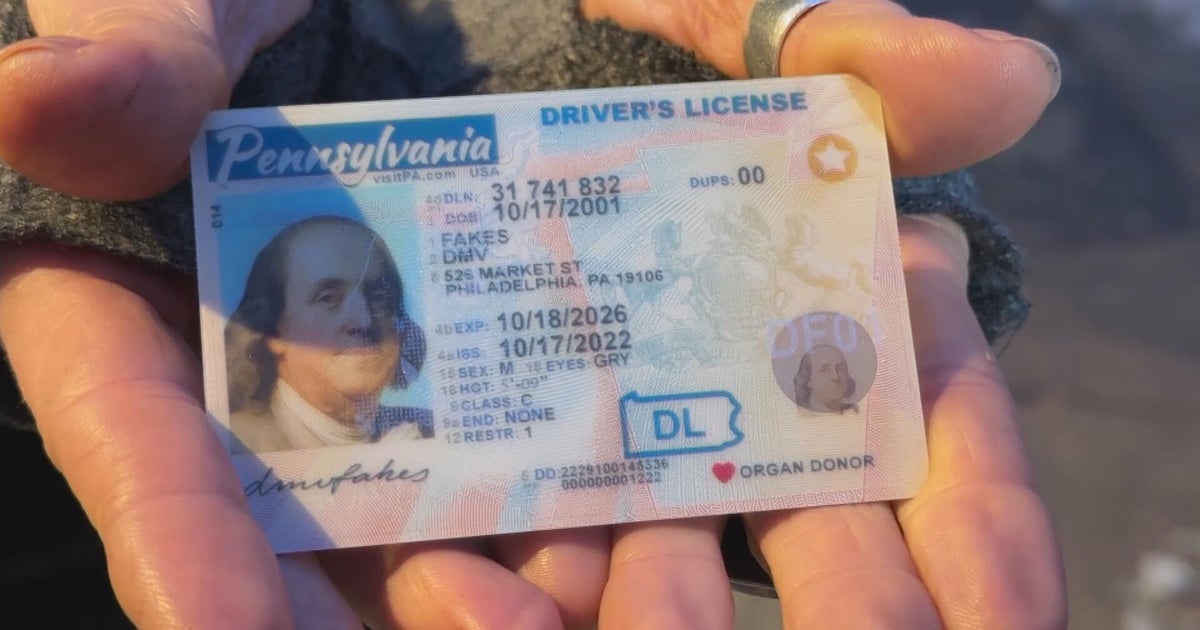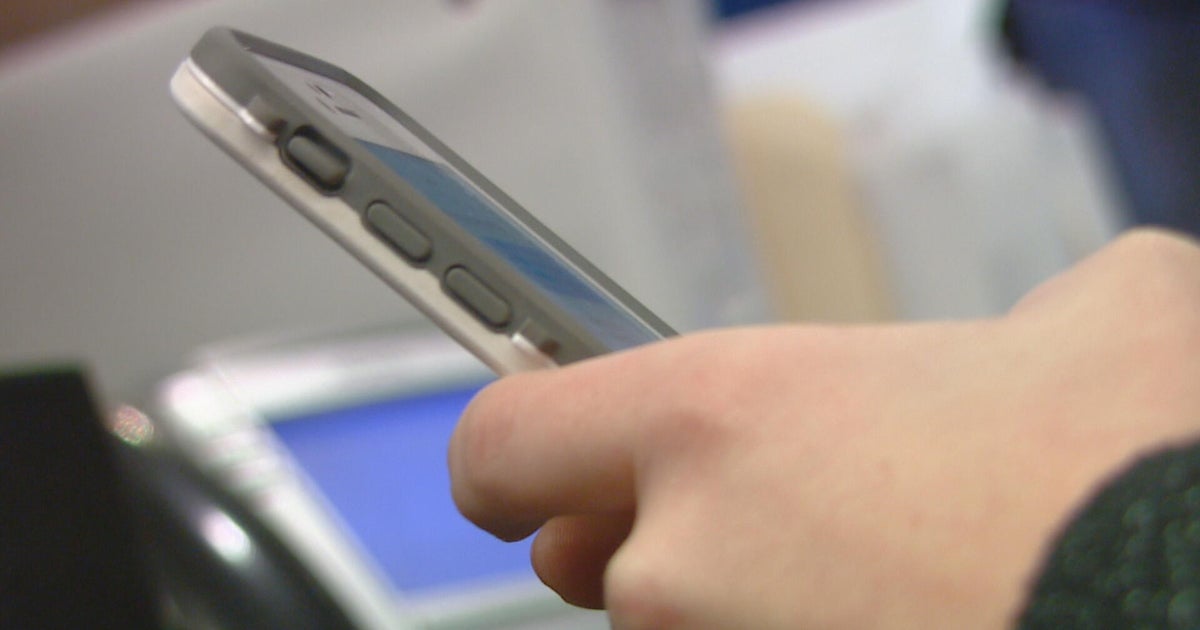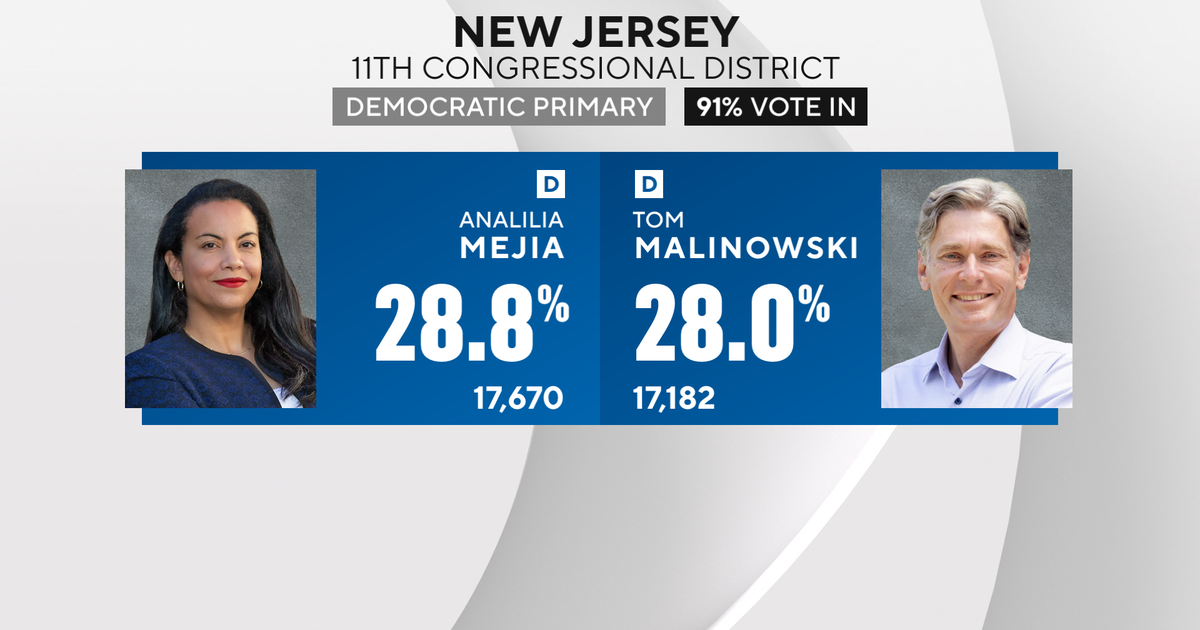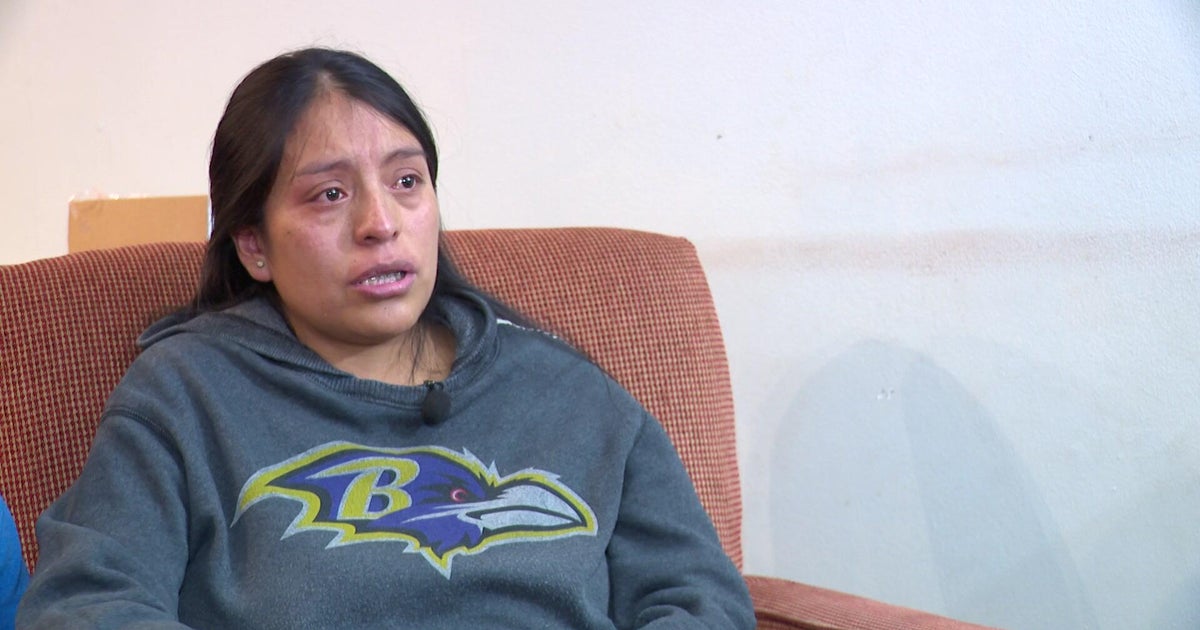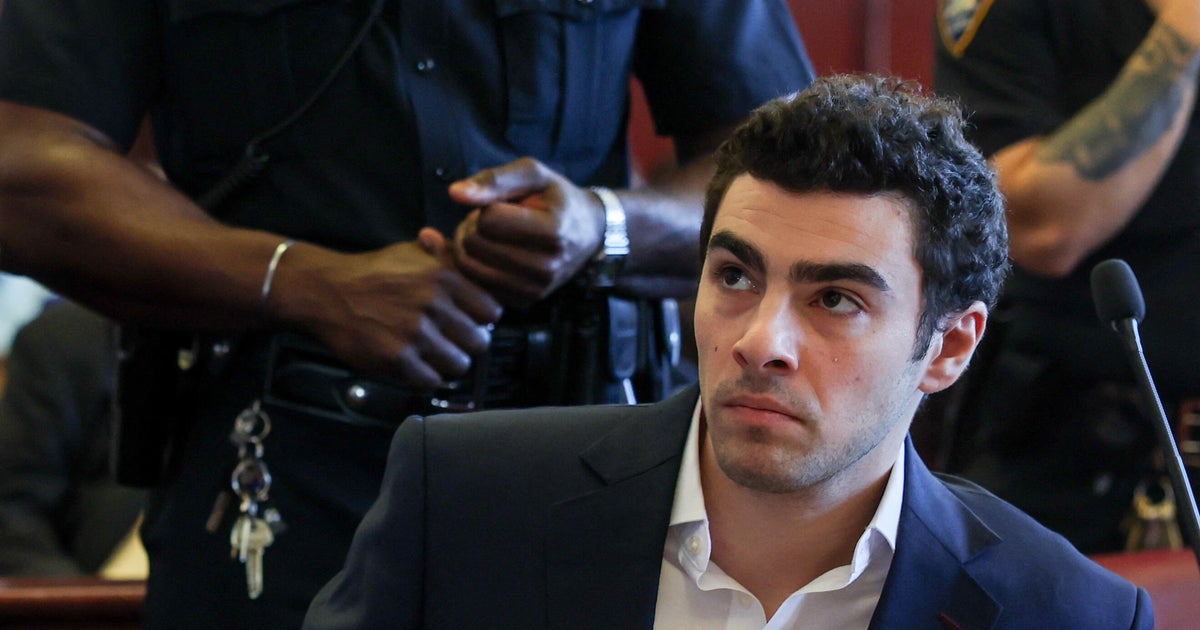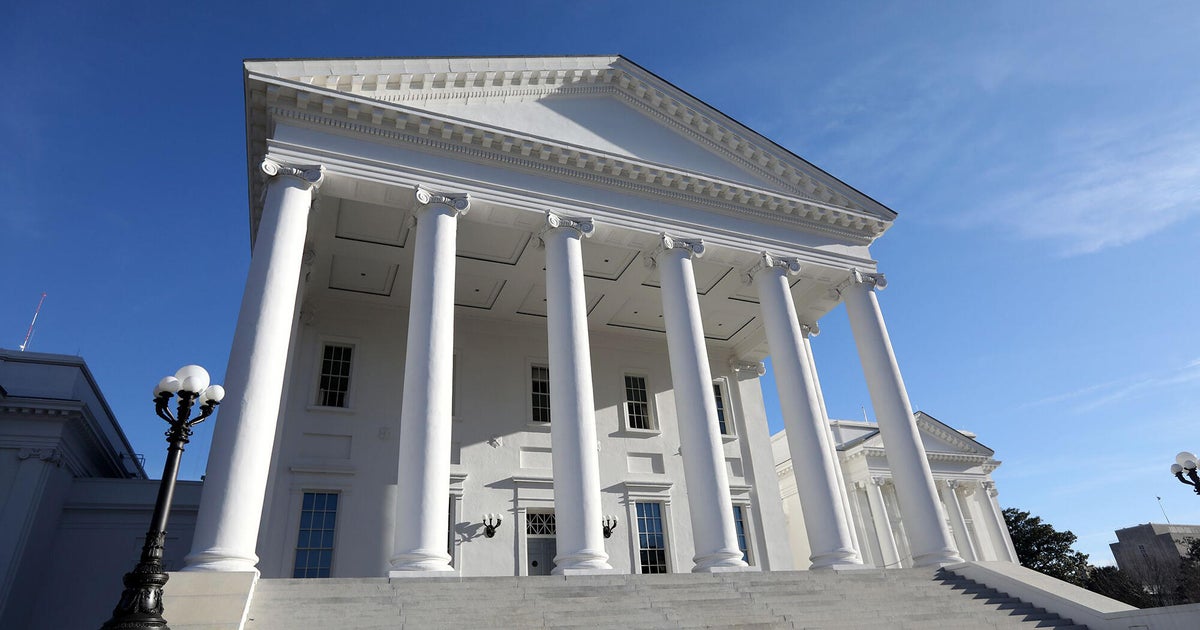Higher Minimum Wage Passes In Florida
TALLAHASSEE (CBSMiami/NSF) -- Florida voters on Tuesday voted to gradually boost the state's minimum wage to $15 an hour, while narrowly rejecting a proposal that would have overhauled the state's primary-election system.
The hike in the minimum wage will be phased in through Sept. 30, 2026, but it would represent a significant move in a state heavily dependent on tourism and the service industry for jobs. It was put on the ballot with the financial help of well-known Orando trial attorney John Morgan.
It effectively increased the minimum wage to $10 an hour on Sept. 30, 2021, and then increase it by $1 each year until Sept. 30, 2026, when it would be $15 per hour. Currently, the minimum wage is $8.56.
More from CBSMiami.com
'We Love What They Did': Florida Sen. Marco Rubio Supports Pro-Trump Caravan That Swarmed Biden Bus
Fort Lauderdale Police Find Missing Brothers Alando Brown & Tavaris Johnson
Florida Marks Dark Day In Political History When A Black Man Was Lynched After Friend Tried To Vote
Florida is the eighth state to adopt a $15 minimum wage.
"This will help me a whole lot, I know it will," said Gail Rogers, a 60-year old Ybor City resident who, after working at McDonalds for six years, said she earns $9.40 an hour.
Rogers, a widow who resides in a rooming house for women, is a member of the nationwide group Fight for $15 and has routinely protested her low wages in recent years.
"I can earn a little more cash. I can save more," she said of the higher minimum wage. "I can save until I get to where I need to be at. I am not where I need to be at."
Amendment 2 faced heavy opposition from business groups.
Republican Gov. Ron DeSantis was quiet about where he stood on the proposed constitutional amendment until right before Election Day, when he issued a statement in which he said now is "not the time" to increase the minimum wage, warning that its passage would be bad for Florida businesses and the state.
Meanwhile, about 57 percent of voters supported Amendment 3, which, if passed, would have eliminated Florida's closed primary elections in state races. That was below the 60 percent threshold needed for approval.
The proposed amendment would have allowed all registered voters to vote in primaries for state legislative seats, governor, and Cabinet seats, regardless of party affiliation. The two candidates who captured the most votes would have moved on to the general election under the proposal.
In all, voters on Tuesday were asked to weigh in on six proposed constitutional amendments.
Amendments can be proposed through citizens' initiatives, with certain restrictions, including that the measures be limited to single subjects and not misleading. Four of the six amendments on Tuesday's ballot --- Amendments 1, 2 and 3 and 4 --- came through initiatives.
Voters on Tuesday rejected an attempt to make it more difficult to amend the state Constitution in the future. Amendment 4 sought to require amendments to be approved by voters twice before taking effect. But it was receiving just 47 percent support Tuesday night.
Jonathan Webber, deputy director of Florida Conservation Voters, issued a prepared statement lauding the result.
"Over the years, the citizens' initiative process has enabled Floridians to advance important public policies when politicians in Tallahassee have been unwilling to do so," Webber said. "The ability to amend our constitution is a right guaranteed to the people of Florida, and tonight voters demonstrated that we're not going to give it up lightly. If anything, the governor and Legislature should strengthen this process by increasing campaign finance transparency and reducing unnecessary barriers that privilege wealthy corporations and dark money."
But Andrew Wiggins, senior director of political affairs and coalitions advocacy for the Florida Chamber of Commerce, said proposed constitutional amendments are not only used to change policy but also are used to drive people to the polls
He said that while the minimum wage amendment was meant to draw out progressive voters, Amendment 1, which changed the Constitution to make clear only citizens can vote, was designed to appeal to more conservative voters. Amendment 1 was easily passing Tuesday night, with support from about 79 percent of voters.
"A lot of the amendments in Florida are used as turnout gimmick," he said, adding that "Florida is one of the "easiest states in the country" to get amendments on the ballot
"They are used by groups to try to motivate voters who might not otherwise turn up for an election to vote up for an election to vote and they see helping their candidate," he said.
The Legislature by super-majority votes of both chambers agreed to put two proposed amendments in front of voters for the general election: Amendments 5 and 6, both of which passed with overwhelming support.
Amendment 5 will increase from two to three years the length of time accrued "Save our Home" tax benefits may be transferred from prior homesteads. Amendment 6 will allow homestead property-tax discounts for certain veterans with permanent combat-related disabilities to carry over to the veterans' surviving spouses.
(©2020 CBS Local Media. All rights reserved. This material may not be published, broadcast, rewritten, or redistributed. The News Service of Florida's Christine Sexton contributed to this report.)
